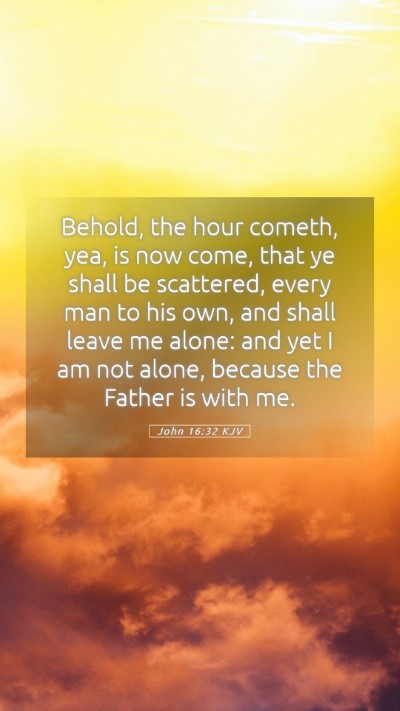Old Testament
Genesis Exodus Leviticus Numbers Deuteronomy Joshua Judges Ruth 1 Samuel 2 Samuel 1 Kings 2 Kings 1 Chronicles 2 Chronicles Ezra Nehemiah Esther Job Psalms Proverbs Ecclesiastes Song of Solomon Isaiah Jeremiah Lamentations Ezekiel Daniel Hosea Joel Amos Obadiah Jonah Micah Nahum Habakkuk Zephaniah Haggai Zechariah MalachiVerse
John 16:1 John 16:2 John 16:3 John 16:4 John 16:5 John 16:6 John 16:7 John 16:8 John 16:9 John 16:10 John 16:11 John 16:12 John 16:13 John 16:14 John 16:15 John 16:16 John 16:17 John 16:18 John 16:19 John 16:20 John 16:21 John 16:22 John 16:23 John 16:24 John 16:25 John 16:26 John 16:27 John 16:28 John 16:29 John 16:30 John 16:31 John 16:32 John 16:33

